

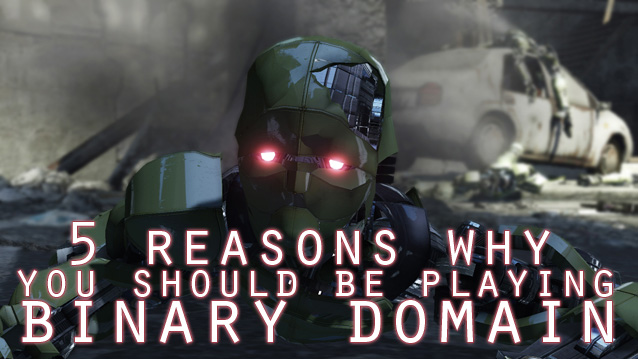
Binary Domain is one of those games that's just about flown under everyone's radar—a thing that happens with games that don't get as much fanfare and press as they deserve because of lack of marketing, being of an unknown IP, or "looking kind of generic."
Binary Domain suffers from all three. Sega didn't invest much into marketing the game compared to its other titles, it's a completely new property, and the game does arguably look kind of generic if you don't pay attention to the content and just look at the main characters.
Calling the game generic would be the farthest thing from the truth. I wouldn't be writing about it were it so. Here's five reasons why you should be playing the game.
There's a lot of cover shooters on the market these days—and Mass Effect 3 is the latest among them. Or at least it would be, were it not for Binary Domain and all. The cover shooting mechanics in Mass Effect 3 are passable. They're okay, but they could be a lot better, and Binary Domain proves that.
Instead of having floating health bars, enemies in the game lose bits of armor and body parts as they're shot to pieces. Additionally, moving from cover to cover is a fluid experience that doesn't make it feel like every wall you hug has a magnetic attraction to your entire body.
Interacting with other characters in the game happens in the form of a voice menu. Thanks to the game's voice command implementation, you can actually speak your response into a microphone if you have one hooked up to the console.
Every so often, your teammates will say something that prompts you to speak a response, either through the menu or by speaking it aloud. It might not seem like much, but it allows the characters' relationships to grow as you play. You'll earn their trust as you perform stylish kills and generally agree with their assessments.
What truly makes the characters as interesting as they are is how they interact not just with you, but with each other. It's something you're a part of, and it reminded me a whole lot of Ghost in the Shell: Stand Alone Complex. Sad as it might be to remark on this quality, it's rare to see characters as well written as these.
Many games attempt to tell a story in which machines rebel against their human masters and wage war. Binary Domain shares a similar premise, but it changes things up by making the robots themselves unaware of who and what they are.
In addition to the core plot, there's an entire historical backstory to provide a foundation for the events in the game. Tokyo itself, in which the entire game is set, is given plenty of definition. It looks real, and it feels real. It could—very reasonably—be a realistic depiction of the city in the future, should the events in the game's history come to pass in our own.
Shooters generally suffer from tedious level design and battles that simply get old and repetitive after awhile. Thanks to the clever level design in Binary Domain, each location you do battle in carries a host of tactical options that encourages full use of your situational awareness and hair trigger reflexes.
More than just a corridor, cover-based shooter, Binary Domain is set in a variety of locations to mix up the action. You'll fight through office buildings and labs, a high speed train, and even engage in a road chase while on a truck.
In addition to the frantic cover-based battles, there's a number of colossal bosses that far outsize almost anything I've ever seen in games—and none of them are as basic as having you firing a laser beam into the eye of a Reaper as you avoid laser blasts. Yes, Mass Effect 3's boss battles are terrible.
And the last, but not least reason to play Binary Domain (assuming you weren't already convinced to go out and order a copy of the game) is the fact that it's underrated and deserves a little love.


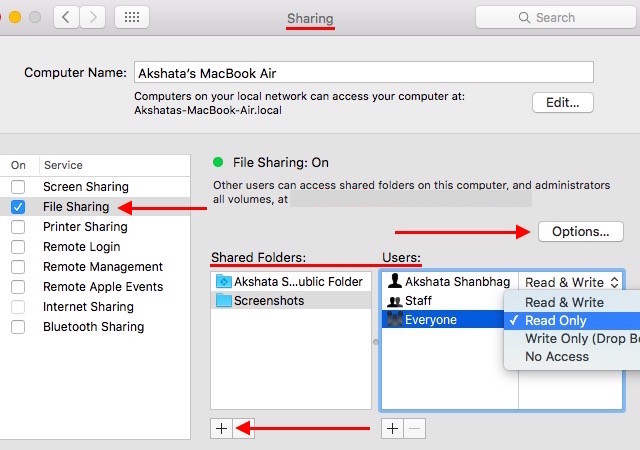
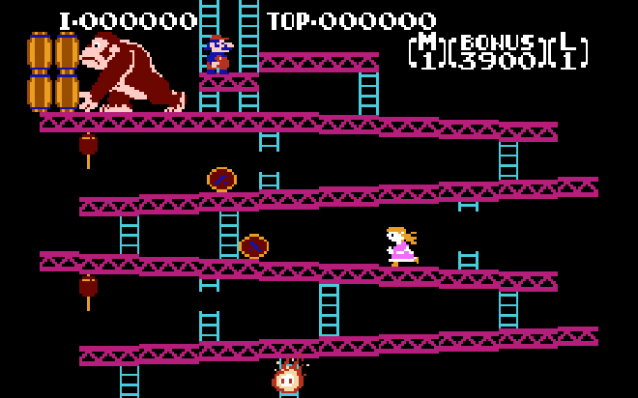
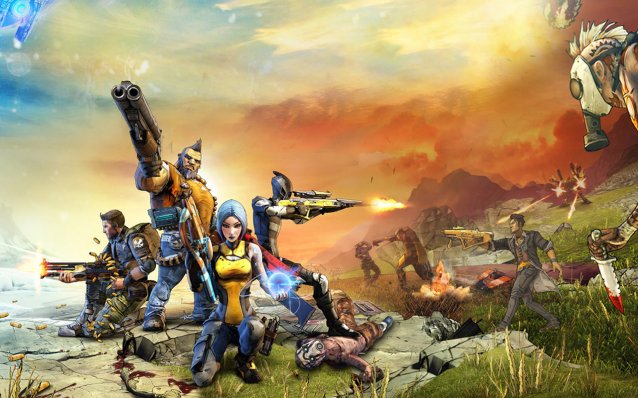 Borderlands 2 Basic and Legendary Relics Guide
Borderlands 2 Basic and Legendary Relics Guide How to summon a friend in Dark Souls 2
How to summon a friend in Dark Souls 2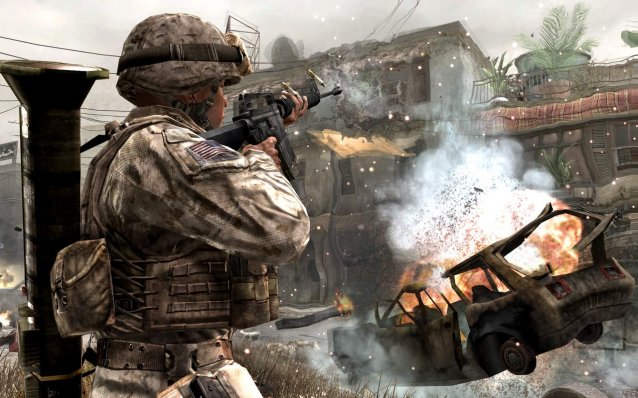 3 Reasons Why War Is A Bad Topic For Video Games
3 Reasons Why War Is A Bad Topic For Video Games How To Unlock the New Strike in Destiny: The Dark Below
How To Unlock the New Strike in Destiny: The Dark Below Xenoblade Chronicles X Wiki – Everything you need to know about the game .
Xenoblade Chronicles X Wiki – Everything you need to know about the game .